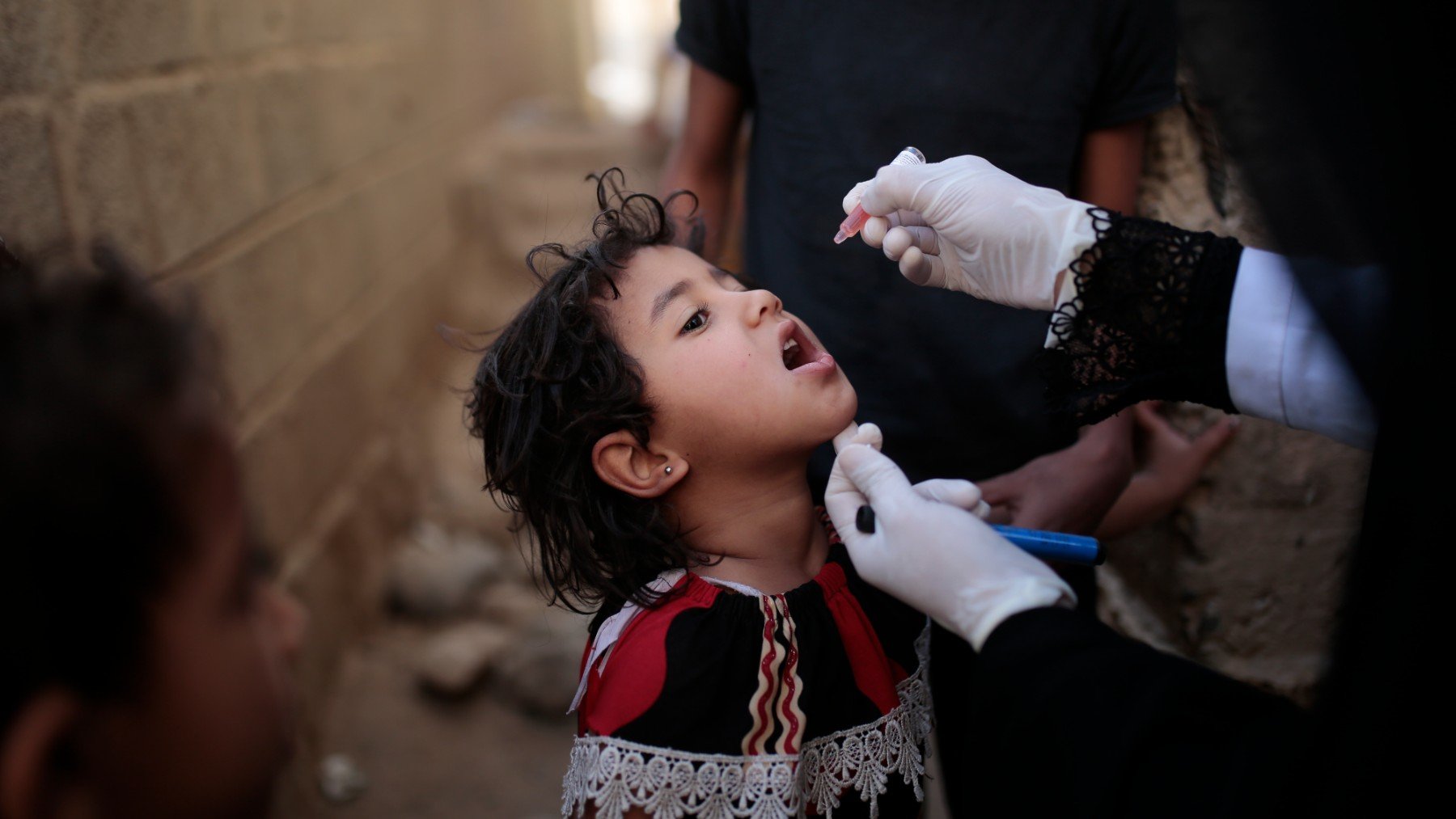Outbreak in Catalonia raises health alarm

The Generalitat Health Ministry this week called for unimmunized children aged 6 to 8 to be vaccinated against polio after the virus was discovered at the station Wastewater treatment plant in Besos (Barcelona). And this disease, polio, which has been eradicated in Spain, needs to prevent outbreaks by vaccinating the population, in this case children.
Polio was a disease that caused large outbreaks in Spain during first half of the 20th century. However, the country managed to eradicate polio thanks to the introduction of mass vaccination. One of the last cases of indigenous polio in Spain was reported in 1989, and in 2002. World Health Organization (WHO) declared the European Region polio-free.
The Catalan Ministry of Health therefore intends to send messages this week to families to go to health centers to vaccinate children in this age group in the Barcelona area.
Minister of Public Health of the Generalitat, Esteve Fernandez, said that a fourth dose had been added for two years to “maintain immunity” at age six, and that parents were now encouraged to vaccinate their children with this dose if they did not have one.
routine microbiological tests wastewater showed this Thursday the presence of poliovirus circulating in the Besos wastewater treatment plant, and local health authorities are investigating to determine whether there are still infected people.
The Barcelona Public Health Secretariat has activated a protocol to monitor the circulation of poliovirus in the Barcelona metropolitan area. intensification of wastewater analysis and active case finding in health centers.
In addition, notifications were sent to the Center for Health and Emergency Alerts (Ccaes), samples were sent to National Center for Microbiology Actions included in the Spanish Polio Eradication Action Plan have been implemented.
Vaccination against polio
Although polio has been eradicated in Spain and many countries around the world, vaccination is still necessary, especially after COVID-19 pandemic where viruses have spread exponentially. The following factors should also be taken into account: importation of cases from certain regions of the world, such as Afghanistan, Pakistan or Gaza, because polio has not yet been eradicated. There is a risk that unvaccinated people could bring the virus to Spain. For this reason, vaccination continues to prevent outbreaks.
What is polio?
PolioPolio, commonly known as poliomyelitis, is a highly contagious viral disease caused by the poliovirus. This virus attacks the nervous system and can cause complete paralysis within a few hours. polio It mainly affects children under 5 years of age.although it can infect people of other ages.
Transmission of infection
Poliovirus is transmitted from person to person primarily through fecal-oral route, that is, through contact with infected feces. It can also be transmitted through contaminated water or food or, less commonly, through drops of saliva
Symptoms
Most people infected with poliovirus have no visible symptoms. However, in approximately 1% of cases a paralytic disease may develop. Symptoms include:
High temperature
Fatigue
Headache
Vomit
Stiffness in the neck
Pain in limbs
Complications
In the most serious cases the virus can cause permanent paralysis (usually of the legs). In some of these cases, the respiratory muscles are affected, which can lead to death if respiratory assistance is not provided.
Prevention
Polio can be prevented through vaccination. There are two types of vaccines:
Oral polio vaccine (OPV): It contains an attenuated (weakened) form of the virus and is administered orally. This vaccine induces local immunity in the intestines and also helps reduce transmission of the virus.
Inactivated polio vaccine (IPV): It contains an inactivated (killed) virus and is given by injection. It provides systemic immunity and is very effective in preventing disease.
